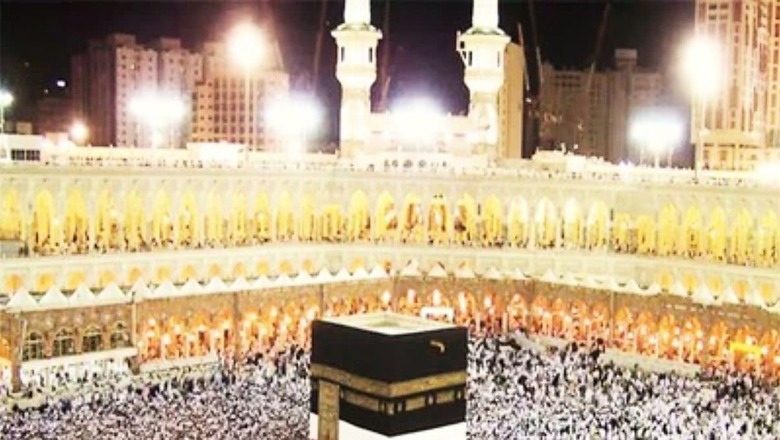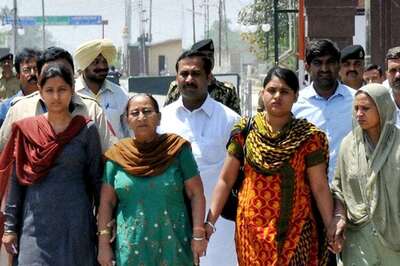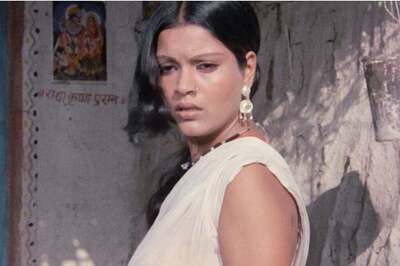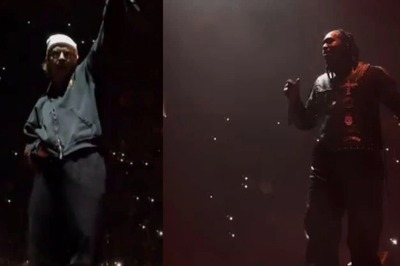
views
The Lucknow Bench of the Allahabad High Court (HC) recently granted permission to Rukhsana Khatoon, an accused in a cheating case, to travel abroad for religious pilgrimage of ‘Umrah’.
Khatoon was previously denied permission by the Additional Chief Judicial Magistrate, CBI, Lucknow, who had held that the journey was not essential compared to ‘Hajj’, the primary pilgrimage in Islam.
However, the high court overturned this decision, emphasising the significance of ‘Umrah’ for Muslims.
The bench of Justice Saurabh Lavania said, “‘Umrah’ is a journey to Muslim’s most sacred place. ‘Umrah’ is known as minor pilgrimage, while ‘Hajj’ is the main pilgrimage. ‘Umrah’ is considered a journey to the holiest place of Muslims and a journey of devotion to Allah.”
Khatoon, who is facing charges under Sections 419, 420, 467, 468, 424, 275, and 34 of the Indian Penal Code, had filed an application under Section 482 CrPC before the high court challenging the ACJM Court’s decision.
Her counsel argued that the order of the court was against the settled preposition of law including the Supreme Court’s ruling that the right to travel abroad is covered under Article 21 of the Constitution of India. Reference was made to the judgments passed in the case of Maneka Gandhi vs. Union of India (1978) and Parvez Noordin Lokhandwalla vs. State of Maharashtra and another (2020).
The counsel further contended that the ACJM’s observation that any person must perform only ‘Hajj’ and going on ‘Umrah’ is not such an essential act even from the religious point of view, was completely misconceived. Apart from that, he submitted that Khatoon was ready to furnish heavy sureties.
The high court, considering Khatoon’s age and the nature of ‘Umrah’ as a significant, though not mandatory, religious journey, allowed her request.
The court ordered Khatoon to provide personal bonds and sureties amounting to Rs. 5 lakh each and submit an affidavit outlining the duration of her travel and agreeing not to object to any evidence presented in her absence during the trial.



















Comments
0 comment